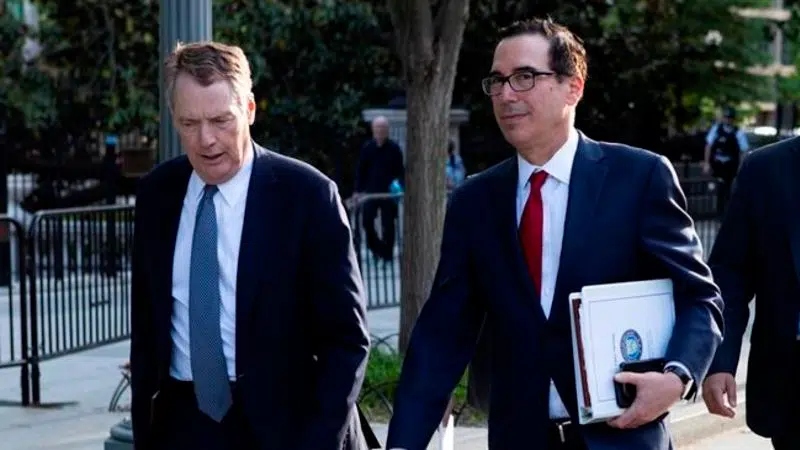
Freeland leaves D.C. with no tariff deal, despite early optimism from U.S.
OTTAWA — Close, maybe, but no cigar.
Foreign Affairs Minister Chrystia Freeland came and went from Washington on Wednesday, shifting diplomatic gears and jetting to Havana on a day that saw early hope that the end of the Canada-U.S. tariff dispute was close fizzle in a puff of figurative smoke.
“I think we are close to an understanding with Mexico and Canada,” Treasury Secretary Steven Mnuchin had said in Congress, prior to Freeland’s meeting with Trump trade czar Robert Lighthizer.


